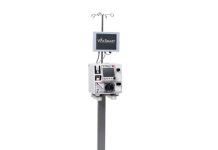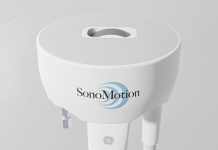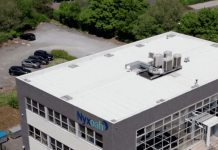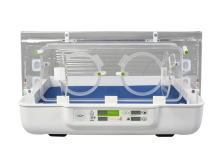Limmatech, a GSK spinoff focused on combatting antimicrobial resistance, had sought series A funding seven years after foundation.
Limmatech, the GSK spinout focusing on antimicrobial resistance, announced on Monday (9 October) that it has raised $37m in a series A funding round. The round was co-led by Adjuvant Capital, AXA IM Alts and Novo Holdings, the parent company of obesity drugs giant Novo Nordisk.
The company is currently in stage II trials for its Shigella vaccine, which it regained control of from GSK in July of this year. GSK gained the rights to the candidate when it purchased Limmatech’s predecessor, GlycoVaxyn, in 2015. Shigella is a bacteria that causes shigellosis, a diarrheal infection that kills over half a million people each year.
Alongside this, the company is working to tackle the problem of antibiotics resistance. LimmaTech CEO Dr Franz-Werner Haas said: “By advancing our innovative technology platform, LimmaTech has the potential to simultaneously provide vaccine-induced protection against bacterial infections, mitigate the increasing risk of antibiotic resistance, and move toward the control of several highly transmissible pathogens.”
By creating vaccines for complex conditions, including gonorrhoea, Limmatech hopes to prevent disease before it happens, which is particularly important for those bacteria that have increased antimicrobial resistance, which is estimated to kill more people than cancer by 2050.
RELATED: Inovedis receives funding for SINEFIX implant system
With funding from key institutional investors, as well as the parent of one of the major pharmaceutical success stories of the 21st century, the company’s future looks bright. Camilla Petrycer Hansen, Principal at Novo Holdings and now board member of Limmatech, explained: “With its outstanding record of success in the vaccine field, its seasoned leadership at the helm, and its promising technology, LimmaTech represents a very attractive investment opportunity.”
This deal represents one of the largest that Adjuvant has been involved in this year, second only to the $53m of series E funding raised by Antiva Biosciences to develop novel therapeutics for HPV lesions.






